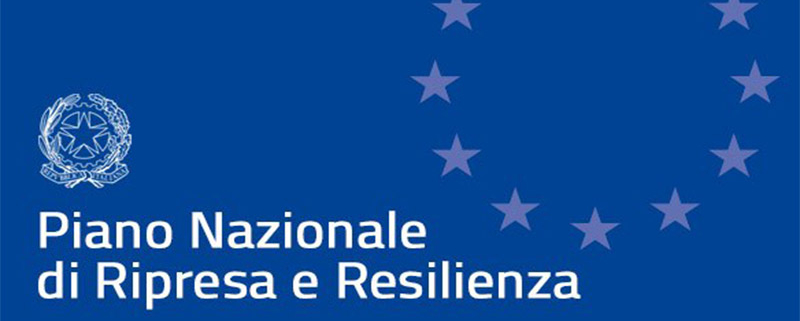PNRR: 10 million euros invested in helping medium, small and micro companies that respect the principle of equality!
Un’iniziativa, incardinata nella missione 5 “Lavoro e inclusione” del Piano Nazionale di Ripresa e Resilienza* inviato a Bruxelles dal Governo, quella di una certificazione An initiative, framed in the 5th mission “Job and inclusion” of the Recovery and Resilience Plan, promoted by the Italian Government and the EU, about a certification that helps companies to lower the differences between men and women on wage gap, job opportunities, maternity protection.
«By including in the PNRR an equality certificate – as explained by minister Bonetti – we can spread a message that puts a weight on the subject: gender equality at work doesn’t only guarantee equal rights, and therefore justice. It’s also a strategically convenient choice, because it makes room for an integrate model of growth. More gender equality means more company value, more growth, more wealth: given this, it’s fundamental to make it measurable. The lack of objective criteria is one of the causes that, up to this day, made more difficult to establish an effective equality».
With this quality certificate, company ethics move from a cultural point of view to an economic and social one.
Here are the implementation phases:
- Creation of a Committee on “Companies’ gender certification” within the Equal Opportunities Department to define a system and rewarding mechanic.
- Creation of an informative system within the Department, with a gender divided data record and certification information platform, and a credited institutions register.
- Experimental activation of the gender equality certification system from April 2022 to April 2026.
Among the obstacles to remove with the implementations suggested in the PNRR with the equality certificate we can find the possibility to put even conditions on carreer paths.
Physical abuse and sexual threats are the most widespread forms of aggression towards female workers, worsening women’s fragile condition at work.
An analysis by the Work Consultants’ Foundation, based off ISTAT’s data, states that around 1 million 173 thousands of female workers have been subjects of sexual threats (7,5%) after being hired and/or a carreer advance.
In conclusion, working on companies’ policies to promote gender equality also means helping companies protecting their employees, making the work environment healthier, giving useful tools and signing an ethical alliance with their workers.


